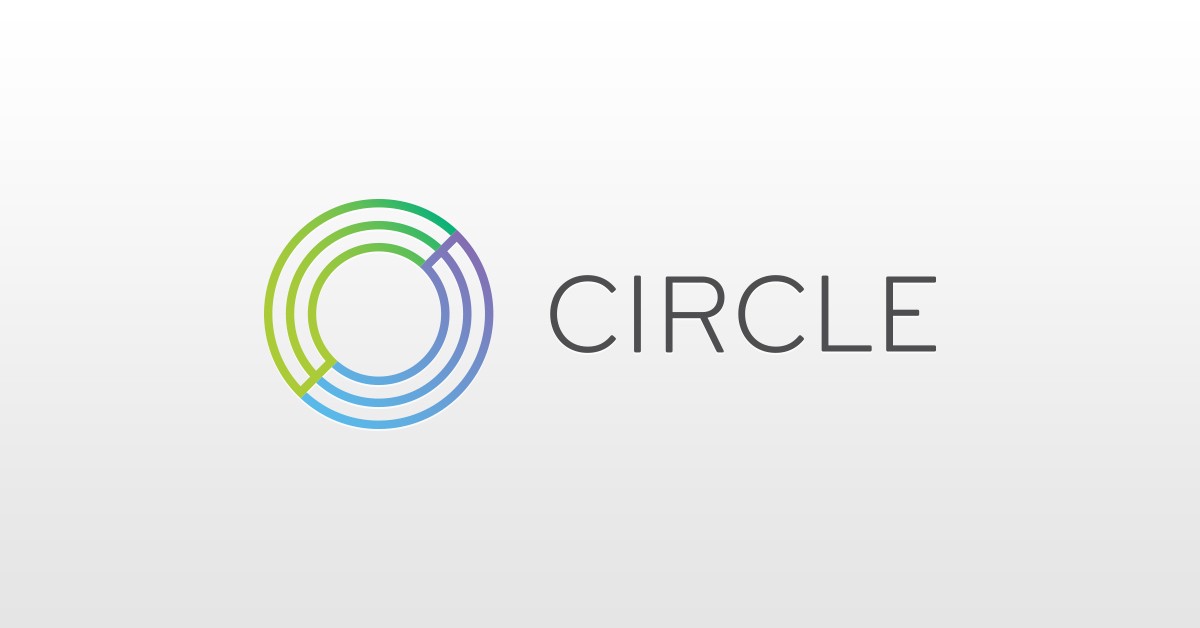Circle’s Financial Report Reveals Notable Profit Drop Amid Regulatory Costs
04.04.2025 22:00 2 min. read Alexander Stefanov
Circle is aiming to become the second-largest crypto-focused company to go public in the U.S.
The firm has filed a prospectus with the SEC, marking a major step after abandoning a previous public listing attempt during the last bull market. This move comes as the regulatory climate improves under the Trump administration.
However, Circle’s financials reveal challenges. The company’s net income for 2024 was $155.7 million, down from $267.6 million the previous year, despite recovering from a significant loss in 2022. In comparison, Tether reported $13 billion in profits, mainly from U.S. Treasury yields.
Experts suggest Circle’s reduced profitability could be linked to high operational expenses tied to regulatory compliance, unlike Tether’s more decentralized approach.
One major cost factor is Circle’s partnership with Coinbase, which required a $908 million payment in 2024 to facilitate USDC circulation. Analysts argue that despite the partnership, Circle lacks a unique edge in the stablecoin space, especially compared to companies like PayPal, which can leverage its existing user base for distribution.
Circle’s strategy also heavily relies on regulatory positioning. As stablecoins become more mainstream, Circle’s focus on compliance and lobbying could help secure its place in the market. Recent legislation, like the GENIUS Act, could streamline regulation for larger stablecoins, providing clarity and fostering innovation.
Circle’s challenge lies in balancing expansion with financial stability. While the IPO could boost its presence, sustaining profitability amidst high compliance costs and market competition remains uncertain.
-
1
Top 7 Crypto Project Updates This Week
19.07.2025 18:15 3 min. read -
2
EU Risks Falling Behind in Digital Finance, Warns Former ECB Board Member
06.07.2025 13:00 2 min. read -
3
BlackRock Moves to Add Staking to iShares Ethereum ETF Following SEC Greenlight
18.07.2025 9:00 1 min. read -
4
Czech National Bank Enters Crypto Sector with $18M Coinbase Investment
14.07.2025 9:00 1 min. read -
5
Pump.fun Raises $600M in Record-Breaking PUMP Token Sale
13.07.2025 9:30 2 min. read
Visa Settles $200M in Stablecoin Transactions, Eyes Long-term Potential
Visa reported over $200 million in stablecoin settlements during Q2 2025, a milestone in its growing commitment to digital asset infrastructure.
Bank of Korea Launches New Division to Oversee Crypto and Stablecoin Developments
The Bank of Korea (BOK) has taken a significant step toward deepening its involvement in the digital asset ecosystem by establishing a dedicated virtual asset division, according to a report from local media outlet News1.
JPMorgan: Coinbase Could Gain $60B From USDC-Circle Ecosystem
A new report from JPMorgan is shedding light on the staggering upside potential of Coinbase’s partnership with Circle and its deep exposure to the USDC stablecoin.
5 Major US Events and How They Can Shape Crypto Market in The Next Days
The week ahead is shaping up to be one of the most pivotal for global markets in months. With five major U.S. economic events scheduled between July 30 and August 1, volatility is almost guaranteed—and the crypto market is bracing for impact.
-
1
Top 7 Crypto Project Updates This Week
19.07.2025 18:15 3 min. read -
2
EU Risks Falling Behind in Digital Finance, Warns Former ECB Board Member
06.07.2025 13:00 2 min. read -
3
BlackRock Moves to Add Staking to iShares Ethereum ETF Following SEC Greenlight
18.07.2025 9:00 1 min. read -
4
Czech National Bank Enters Crypto Sector with $18M Coinbase Investment
14.07.2025 9:00 1 min. read -
5
Pump.fun Raises $600M in Record-Breaking PUMP Token Sale
13.07.2025 9:30 2 min. read


